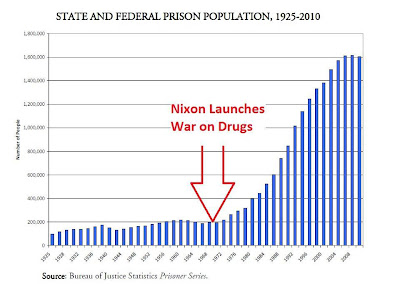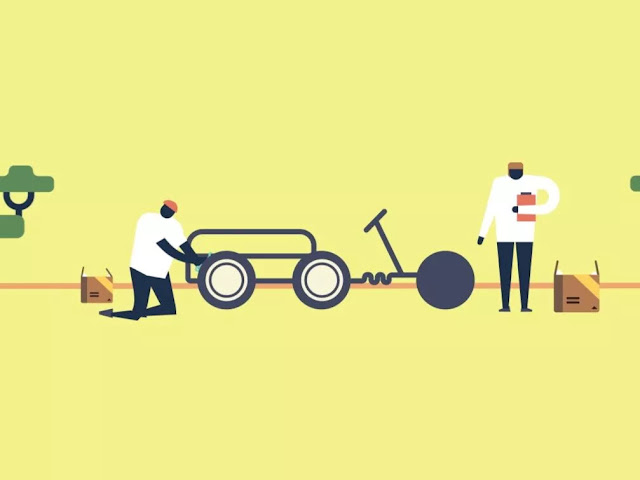Corrolation, Causation, and Prediction in a World of Data and Memes

As image memes gain popularity on social networks and forums, they are fast securing their place as a defining cultural aspect of the early tweenies...(unlike the word "tweenies", thankfully). Most of these images are humourous, as this is great for virality, many are profound, some just witty nuggets of wisdom. And then there is the propaganda. Intended to illicit an emotional response to a political idea, propaganda memes are used to affirm or reaffirm a political bias or dogma. They are often aimed at a very particular niche. If you have any particular political or activist persuasion, you will no doubt have seens endless streams of these one-sided affirmations. At best, they are intellectual masturbation. At worst, it's pseudo-scientific social engineering. The worst form of this that I have seen is data correlation inferences. Just because something happened on a certain date does not mean it caused something else that happened around the same time. It...



